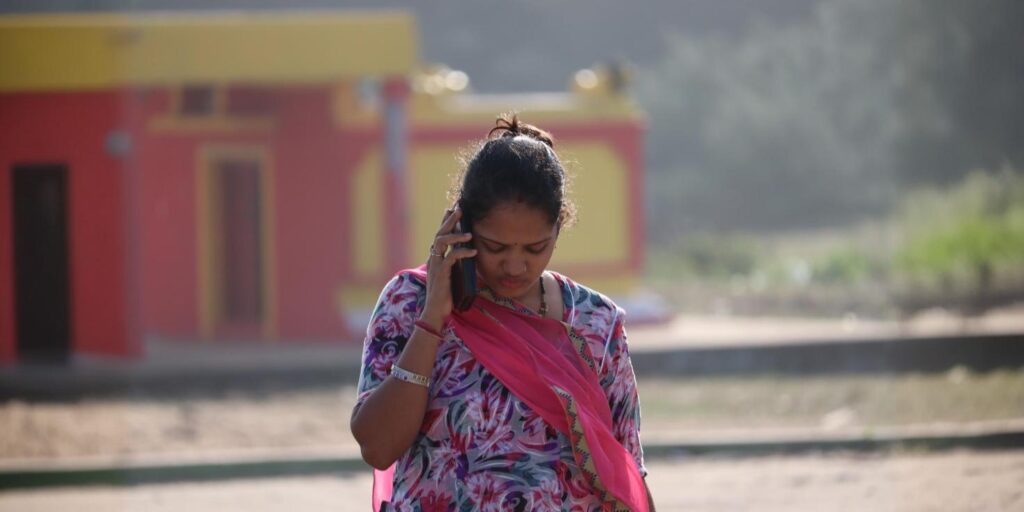India issues urgent health advisory as heatwave looms
India issues urgent health advisory as heatwave looms
Blog Article
New Delhi: With summer approaching and temperatures already climbing in parts of India, the Union Health Ministry has issued an urgent directive to state and union territory governments, urging them to implement heat-health action plans. The move comes as the India Meteorological Department (IMD) warns of above-normal maximum temperatures across most of the country in March 2025, signaling a potentially intense heatwave season ahead.
Read: https://firstcheck.in/india-health-advisory-as-heatwave-looms/
The Health Secretary Punya Salila Srivastava, has urged states to adopt and distribute public health guidelines from the National Centre for Disease Control (NCDC) to prepare districts for the rising threat of heat-related illnesses.
“With summer setting in, exposure to extreme heat is likely to increase,” Srivastava wrote, emphasizing the need for health departments and facilities to be equipped to prevent and manage the fallout from soaring temperatures.
The IMD’s February forecast paints a concerning picture: apart from the southernmost tip of Peninsular India, where colder-than-usual conditions are expected, most regions will face above-average heat in March. The agency also predicts a higher-than-normal number of heatwave days through May, particularly in central India, parts of the northwest, and eastern regions. Rainfall, meanwhile, is expected to remain within normal limits nationwide, though some southern areas may see above-average showers.

Integrated Health Information Platform
To tackle the looming crisis, the ministry highlighted ongoing efforts to track heat stroke cases via the Integrated Health Information Platform (IHIP) since March 1. Daily surveillance is now in place, with training sessions conducted virtually by the NCDC’s National Programme on Climate Change and Human Health (NPCCHH) to ensure health workers can report cases effectively. Srivastava called for these efforts to be expanded, urging states to train medical staff using NCDC resources and join refresher courses on managing heat-related illnesses scheduled for this month.
The ministry also stressed the importance of preparedness at health facilities, directing states to stock up on essentials like intravenous fluids, ice packs, oral hydration salts (ORS), and cooling equipment. It underscored the need for uninterrupted power to keep cooling systems running, suggesting measures like solar panel installations, energy-efficient designs, and even cool or green roofing to combat indoor heat. Fire safety audits and water conservation initiatives, such as rainwater harvesting, were also recommended to bolster resilience.
Report this page